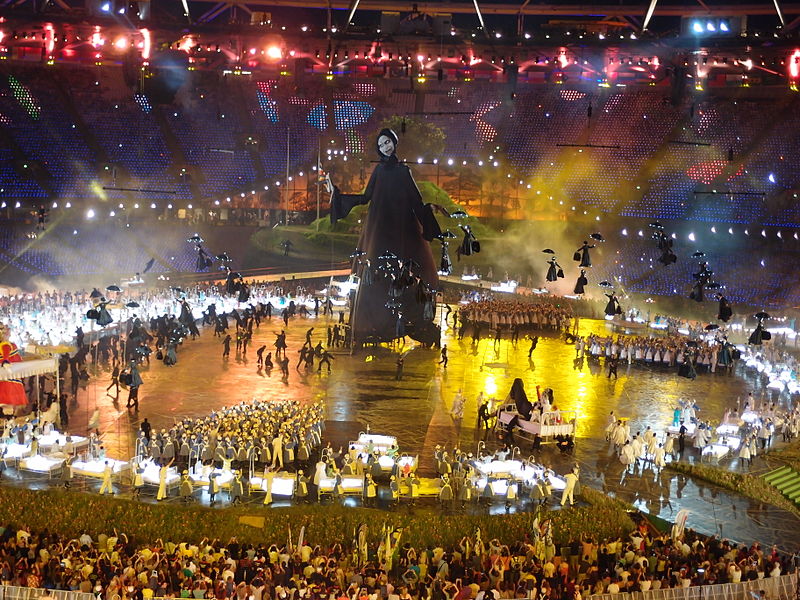Obvious Gaffes and Subtle Humility
 So Mitt Romney goes to London and insults the British, just as they’re preparing for the biggest event in England since the release of the last Harry Potter movie. The gaffe, in which Romney questioned London’s preparedness for the event, honestly made me scratch my head. What was he thinking? Politically, there was no upside. He didn’t make himself look better, nor did he seem more presidential. Ideologically there was nothing “conservative” about the comment. It was just discourteous.
So Mitt Romney goes to London and insults the British, just as they’re preparing for the biggest event in England since the release of the last Harry Potter movie. The gaffe, in which Romney questioned London’s preparedness for the event, honestly made me scratch my head. What was he thinking? Politically, there was no upside. He didn’t make himself look better, nor did he seem more presidential. Ideologically there was nothing “conservative” about the comment. It was just discourteous.
In a rare moment, Mr. Romney actually said something about himself, even if he didn’t actually say anything about himself.
Mitt Romney, I have concluded, is not actually a bad guy.
For months now, conservatives have uneasily watched the Obama campaign run ads defining Romney as a “vampire” and heartless businessman, and they have clamored for the Republican presidential hopeful to write his own narrative. But Mitt Romney has continued his robotic shuffle onstage, ensuring his forearms never swing too far out of their right angle position: talking only about the “economy”.
I have argued previously that Romney’s laser-like focus inherently undermines the presidential office, but London gives us a bit more insight. Mitt Romney may believe addressing the economy is his best path to victory (and he could be right), but that’s not why he doesn’t talk about himself. Put simply, Mitt Romney is kind of humble.
Mitt’s apparently given money to charity, but doesn’t talk about it, earned a lot of money in the private sector, but fails to mention his personal success, and saved the Salt Lake City Olympics from disaster, but only talks about how he thinks the current one will fare. Think about the outcry for Romney to release his tax returns (the Obama campaign’s widest, and most effective avenue of attack) seen in a totally different light. Romney might still have something to hide, but looking at his record, it seems he just doesn’t like talking about himself.
Romney’s gaffe in London showed a certain conviction. While it was an incredibly stupid comment, the quip is rooted in his humility. There’s no reason to think Romney’s comment was meant as a dis; he’s not mean-spirited (although with Republicans you never know). He probably thought about his own experience running the Olympics, the many hurdles and challenges during those games, and applied the same concerns to London. Despite all he did in Salt Lake, something, somewhere was going to go wrong in those games; admitting such, albeit indirectly (during a press conference, 10 years later, about other games in another country), shows humility.
It might sound like a stretch, but there aren’t many rational explanations for Romney’s comment, and considering his rather conservative approach to discussing tax returns, his personal success, and charity, this one fits best. And I’m voting for the other guy, so this isn’t about doing any favors.
A humble Romney, however, doesn’t really make him any better to be president. While it makes him a better guy, Mitt’s kind of reserve, even if rooted in humility, still doesn’t help the American people feel personally connected with him, and as president, would only diminish his leadership ability. The president is a highly visible figure, and cannot afford to be humble at the expense of disclosure and transparency. Everyone wants to know him, and if Romney wants to be president he’s gonna have to let them. Unfortunately for Mitt, he can’t rely on the old “reveal something about myself through an incredibly indirect, circuitous, and (probably) unintentional path that is still relatively ambiguous” tactic too often. For now though, let’s just enjoy the Olympics.
